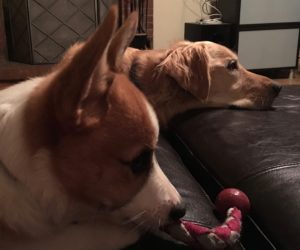Format Wars
![]() The Music Novel is not a slender tome. It’s a beast, frankly. A big, complex story richly told.
The Music Novel is not a slender tome. It’s a beast, frankly. A big, complex story richly told.
Part of that richness is expressed in the complexity of the formatting. It’s a thing that we did with footnotes, but they’re not really being treated like footnotes so we had to get tricky with it. We’ve found it works well to provide it as a PDF, because that way we can be sure that the reader will see each “footnote” where it’s supposed to be.
To a great extent, writing is independent of the visual stylistic choices of fonts and layouts. The words are the words, regardless, and they should mean the same even if the letters look a little different. But, design is also communication. The choice of font really does affect how readers respond to the text. Reading comfort is part of that, but also the mood of the font, even if it’s not an especially funky font. Juxtaposition is a powerful way to link ideas. For instance, a footnote needs to be on the right page (even if you’re being too clever for your own good about what a footnote is for). Presentation matters as much with a novel as it does with a meal. Hence, our preference for PDF, which gives us lots of control over such things.
Well.
Our agent asked if we could provide it in Word format instead. Like, right away.
Okay, couple things there. We don’t use Word. We work mainly in Scrivener, but one of the very few things that application won’t let us do is set up footnotes on arbitrary pages. So for the Music Novel’s clever formatting stuff we used Pages, which is essentially Apple’s version of Word, and then exported to PDF.
Pages also allows us to export to Word format, so that was at least a start, but then the output had to be tweaked. Fancy fonts that embed just fine in a PDF and look the same everywhere were a big nope, so we had to change them to standard fonts. Page breaks didn’t fall at the same places, so things had to be checked and adjusted in (no shit) about 500 places.
So, it made for a late night with no actual writing progress to show for it. But the request wouldn’t have been made if there wasn’t a reason, so it was something we were happy to provide.
The ironic part of all of this is, messing with the formatting was supposed to be one of the problems that we could offload to the fine professionals at our publisher when we got one, but this sojourn into tweaking and fiddling about with such minutiae came up as part of our quest to get a publisher. At least we have each other, so we didn’t need to do it alone.



 For those of you who’ve never had a young Bandit Lord around the Writing Cave, or the house, let us warn you that if you fall prey to one you will never again accomplish anything besides keeping the young Bandit Lord from destroying everything you hold dear.
For those of you who’ve never had a young Bandit Lord around the Writing Cave, or the house, let us warn you that if you fall prey to one you will never again accomplish anything besides keeping the young Bandit Lord from destroying everything you hold dear.